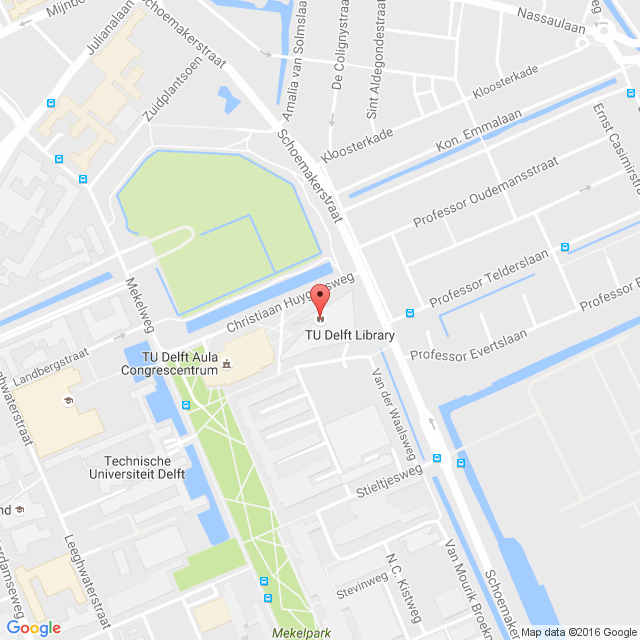Recording: Would you work for the military?
Military and security organisations play a crucial role in maintaining order, protecting national interests, and upholding the rule of law. But they also wield significant power — including the legal use of force. Would you personally be willing to serve in such an organisation? And under what conditions?
Even if you’re not planning a career or doing research in the military or security sector, this topic concerns you. At a university of technology, in these ‘entropic’ days of increasing chaos much of the knowledge and technology developed can have unintended military applications — so-called dual use. This means that even seemingly peaceful innovations can end up being used for warfare or surveillance. Where do you draw the line? And who decides?
Join us for a panel discussion that begins with a short introduction outlining why security organisations exist, why they are granted a monopoly on violence, and the strict legal and democratic frameworks they operate within. We will then open the floor for an interactive panel discussion. Expect a lively, critical, but balanced conversation where multiple perspectives are welcome. Whether you are supportive, sceptical, or undecided, your voice matters.
Everyone is welcome to attend and participate and we’ll provide drinks and snacks to tide you over until dinner!
Speakers
Jurriaan van Diggelen is a Senior Research Scientist in the Human-Machine Teaming department at TNO Defence, Safety and Security. With over 20 years of experience collaborating with defence, intelligence, and police organisations, he has extensive experience in applying AI in safety-critical contexts. He holds a PhD in Artificial Intelligence and currently leads TNO’s defence research program on human-machine teaming. Jurriaan also serves as the principal investigator of the ELSA Lab consortium, dedicated to ensuring the Ethical, Legal, and Societal Aspects of military AI. Additionally, he chairs the NATO working group on meaningful human control of AI-based systems.
Luca van der Peet holds a M.Sc. in Computational Engineering Science from the RWTH Aachen University and a M.Sc. in Philosophy of Science, Technology and Society at the University of Twente. He works at TNO as a Junior Scientist in the Unit Defence, Safety and Security. In his spare time he tries to keep up with global politics, likes to dive into a good book and spends time with his partner.
Dario Perfigli has an interdisciplinary background, combining media studies, human geography, STS, and philosophy to explore and question society’s and technology’s relations. His primary research concerns the application of Responsible Research and Innovation (RRI) and Safe and Sustainable by Design (SSbD) to the chemical industrial ecosystem. Other fields of research in his interest are environmental ethics, philosophy of technology, posthuman and critical theory, and philosophy of science.
Moderator Nicholas Daniel Johnston is a PhD Candidate at the Digital Ethics Centre at Delft University of Technology, researching the the ethics and epistemic conditions of intelligence analysts and institutions, particularly in a military context, against the backdrop of increasing automation.

